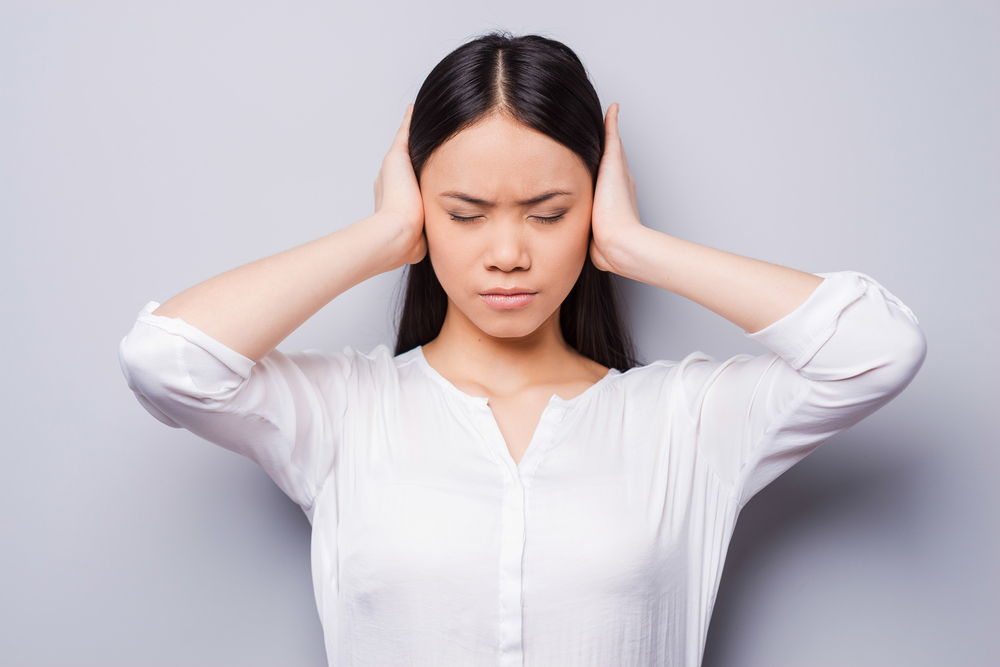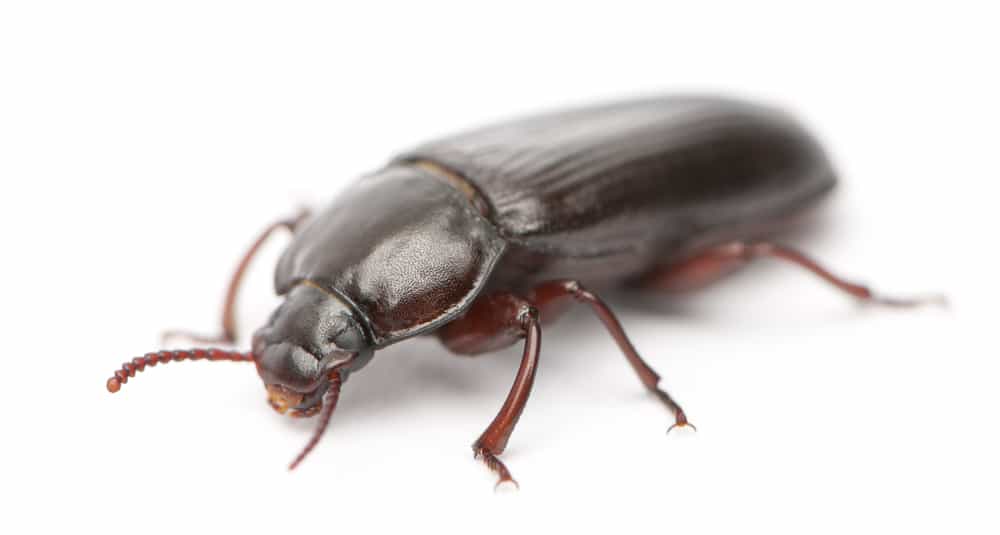Contents:
- Medical Video: Saving Hearing In Children Treated With Chemo
- Side effects of chemotherapy drugs on hearing
- Types of chemotherapy drugs that can cause hearing loss
- Can these side effects be prevented?
Medical Video: Saving Hearing In Children Treated With Chemo
There are various types of drugs used in chemotherapy. Each drug used also has different side effects. Besides being able to make fatigue, nausea, vomiting, and hair loss, the side effects of chemotherapy drugs can also affect hearing. Why does this happen? See the explanation below.
Side effects of chemotherapy drugs on hearing
Chemotherapy drugs are classified as hard drugs that work quickly to kill cancer cells in the body, including normal cells. No wonder the chemotherapy drugs often provide long-term and long-term side effects in cancer patients. One of the important side effects of chemotherapy drugs to note is hearing loss.
Actually, many chemotherapy drugs are ototoxicity, or those that can cause hearing loss. Some chemotherapy drugs can cause damage to the cochlea, namely sensory hair cells in the inner ear. As a result, it can block the sound to the auditory nerve, so that the sound does not reach the brain.
Chemotherapy drugs can also cause tinnitus, which is ringing in the ears. This often makes chemotherapy patients hear ringing, buzzing, roaring, sniffing, or hissing repeatedly and continuously even though there is no sound source around it.
Other side effects such as dizziness and balance problems can also occur as an effect of chemotoxic drugs.
Types of chemotherapy drugs that can cause hearing loss
One of the chemotherapy drugs that is known to be toxic to the ear is cisplatin. Usually hearing problems that result from the side effects of cisplatin chemotherapy drugs are high frequency hearing loss, which causes the patient's hearing to become less clear. Based on research, children are most vulnerable to these side effects.
Other chemotherapy drugs that may cause hearing effects are cyclophosphamide, carboplatin, and bleomycin. The side effects of chemotherapy drugs actually depend on several factors such as dosage, duration, and patient compliance in using the drug.
In some cases, hearing loss will disappear after the patient stops taking these drugs. Even so, hearing problems can also occur permanently and cannot be cured.
Can these side effects be prevented?
If you have been diagnosed with cancer and will undergo chemotherapy, it is important for you to pay attention to any changes that occur to your body. Including changes to your hearing system. Some signs that must be considered one of them is the symptoms of tinnitus (ringing in the ears). If you experience hearing problems after chemotherapy, don't hesitate to immediately consult a doctor.
Some antibiotics, pain relievers, or diuretics are also known to have hearing effects. Therefore, if you are regularly taking these drugs, consult your doctor about the presence or absence of other alternative drugs to reduce the risk of further hearing loss.
No less important, make sure you always know what type of medication you are taking, its uses, rules of use, and possible side effects. Remember, even though you may sometimes feel a change in symptoms of the disease, never add or reduce the dose of the drug yourself without the doctor's consent.
In general, there are a few simple things you can do to prevent hearing problems due to the effects of chemotherapy drugs. Among others are:
- Avoid use cotton bud or match the ears to clean the ears.
- Instead, you can seek professional help from an ENT doctor to clean your ears.
- Also avoid sounds that are too loud and noisy because they can cause serious damage to your ears.















